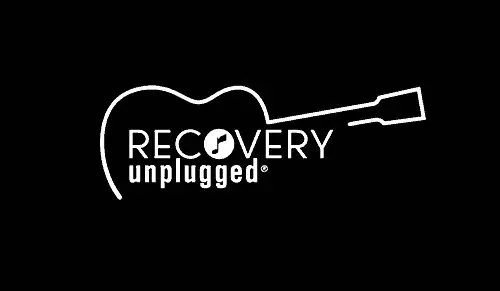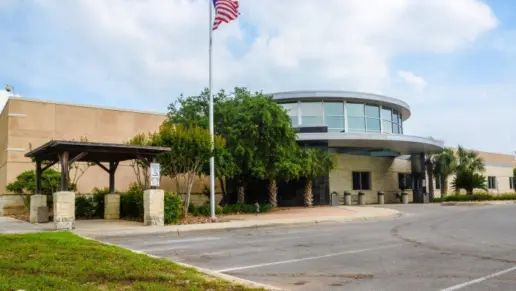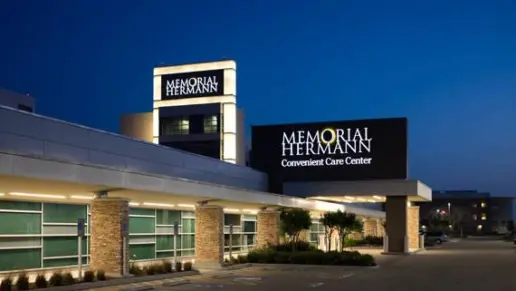About Center For Discovery Cypress
Center For Discovery is a residential eating disorder treatment providers for individuals of all genders aged 16 to 23 in Cypress, Texas. They also support folks with co-occurring substance use conditions when someone struggles with both an eating disorder and substance use issues. Folks with eating disorders frequently turn to substance use to manage anxiety or keep their weight down. Substance use can also lead to behaviors that disrupt your eating patterns. Both co-occurring issues can reinforce each other. This makes it essential to address both conditions in order to reach recovery. Center For Discovery offers a warm and homelike setting where you can address these conditions without outside distractions.
The facility is near Highway 290. This makes it easy for visitors and residents to access. Nearby Bridgeland area boasts lakes, trails and parks for outdoor activities. You can also check out Cypress Creek Nature Trail during your residential treatment. This scenic natural spot is known for its wooded trails and wildlife observation areas. This can be another great place to relax and connect with nature.
Center For Discovery offers a beautiful and serene space that inspires healing and comfort. It includes comfortable furnishings, tranquil colors and inspirational artwork. Here you’ll receive intensive therapeutic support with 24/7 supervision by a skilled clinical team. You’ll follow a weekly schedule of established wake up times, bedtimes and mealtimes. This helps you maintain a sense of responsibility and provide a regular daily routine.
One thing that makes the program stand out is the dietary program, which is based on Consistent Attuned Relational Eating. This approach gives you a steady plan that you can adapt based on what’s happening in your life. The team also works to address trauma and reinforce weight inclusivity to address the root causes of these disorders. They also have gender affirmative care and LGBTQ+ support.
They use evidence based models like exposure and response prevention (ERP), cognitive and dialectical behavioral therapy to help you build positive coping strategies. You’ll also participate in yoga classes, nutrition education and general life skills training. Emphasis is on relapse prevention. Family sessions and psychiatric visits are involved too. The program may last for 40 days or more depending on clinical recommendations and your insurance coverage.
Latest Reviews
Rehab Score
Gallery
Accepted Insurance

Other Forms of Payment
Self-pay involves paying for treatment out of your own pocket. You can use savings or credit, get a personal loan, or receive help from family and friends to fund your treatment. If you don't have insurance or your insurance plan doesn't cover a specific program, self-pay can help ensure you still get the care you need.
Private insurance refers to any kind of healthcare coverage that isn't from the state or federal government. This includes individual and family plans offered by an employer or purchased from the Insurance Marketplace. Every plan will have different requirements and out of pocket costs so be sure to get the full details before you start treatment.
Military members, veterans, and eligible dependents have access to specific insurance programs that help them get the care they need. TRICARE and VA insurance can help you access low cost or no cost addiction and mental health treatment. Programs that accept military insurance often have targeted treatment focused on the unique challenges military members, veterans, and their families face.
Addiction Treatments
Levels of Care
Treatments
Substance rehabs focus on helping individuals recover from substance abuse, including alcohol and drug addiction (both illegal and prescription drugs). They often include the opportunity to engage in both individual as well as group therapy.
Programs

Clinical Services
Cognitive Behavioral Therapy (CBT) is a therapy modality that focuses on the relationship between one's thoughts, feelings, and behaviors. It is used to establish and allow for healthy responses to thoughts and feelings (instead of unhealthy responses, like using drugs or alcohol). CBT has been proven effective for recovering addicts of all kinds, and is used to strengthen a patient's own self-awareness and ability to self-regulate. CBT allows individuals to monitor their own emotional state, become more adept at communicating with others, and manage stress without needing to engage in substance abuse.
Dialectical Behavior Therapy (DBT) is a modified form of Cognitive Behavioral Therapy (CBT), a treatment designed to help people understand and ultimately affect the relationship between their thoughts, feelings, and behaviors. DBT is often used for individuals who struggle with self-harm behaviors, such as self-mutilation (cutting) and suicidal thoughts, urges, or attempts. It has been proven clinically effective for those who struggle with out-of-control emotions and mental health illnesses like Borderline Personality Disorder.
Eating disorders include anorexia, bulimia, binge eating, and dysfunctional eating patterns. Many psychologists and other mental health professionals consider eating disorders to be food addictions, meaning food is being used in an addictive way (similar to drug or alcohol addiction). Certain substance abuse treatment programs will have treatment for eating disorders as one of the services offered. An eating disorder may also present as a co-occuring disorder or dual diagnosis alongside drug and alcohol addiction.
Accreditations

The Joint Commission, formerly known as JCAHO, is a nonprofit organization that accredits rehab organizations and programs. Founded in 1951, the Joint Commision's mission is to improve the quality of patient care and demonstrating the quality of patient care.
Joint Commission Accreditation: Yes
Contact Information
17515 Swansbury Drive
Cypress, TX 77429











